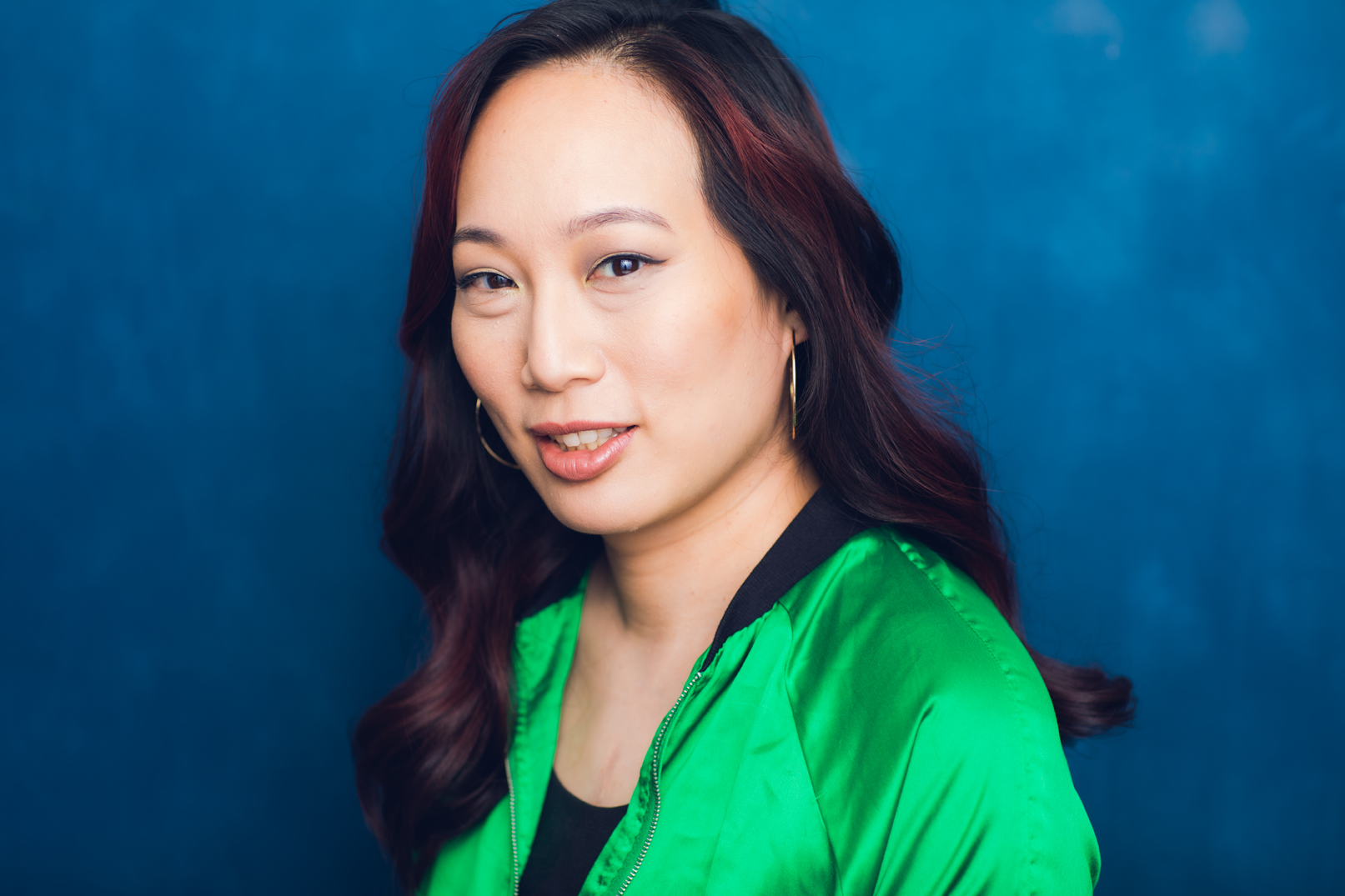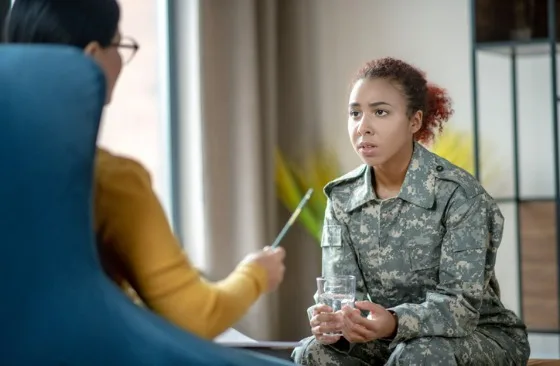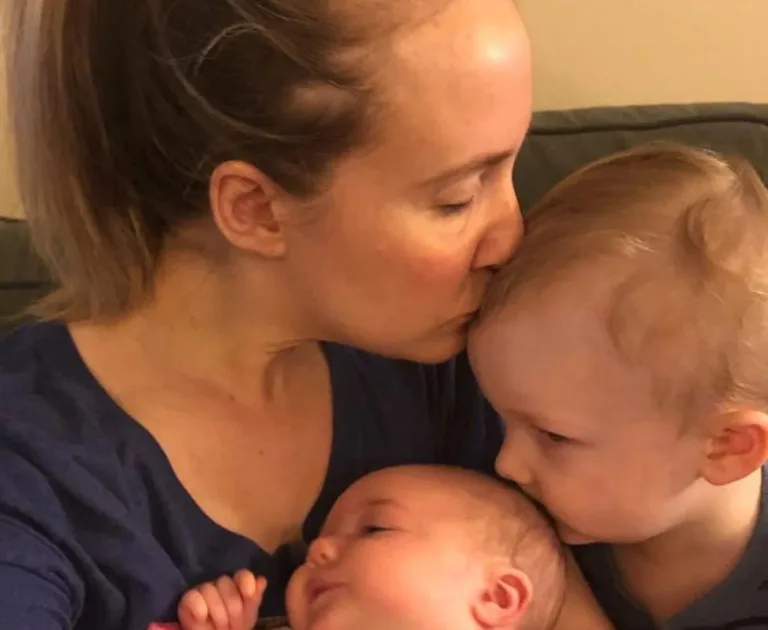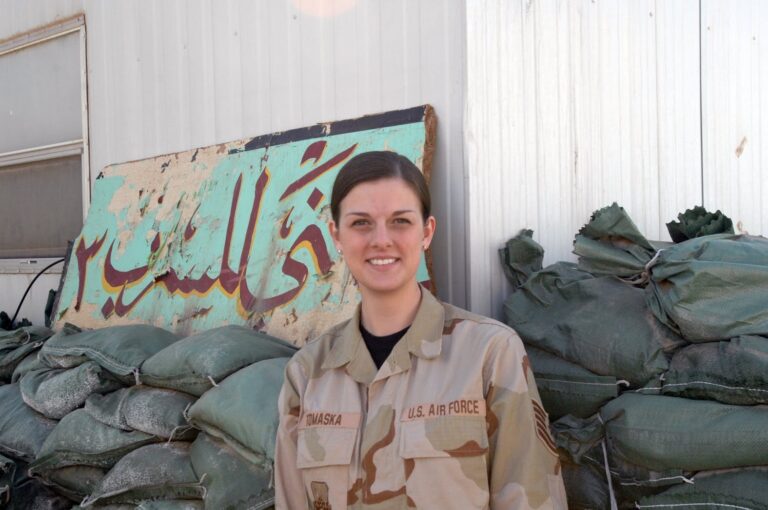July is National Minority Mental Health Awareness Month.
As told to Erica Rimlinger
I was a preteen the first time I visited the doctor by myself. It was in Chinatown, so the doctor I saw spoke my native language, Cantonese. He handed me some paperwork to fill out, and on the back page there was a survey.
I realized, with growing excitement, that this was a depression and anxiety survey. Maybe I could finally tell someone about my sleepless nights, feelings of loss and despair, and constant worry. I felt like I needed relief, and I thought that maybe someone could help me. I was honest on the questions that asked if my anxiety was “extremely high” or whether I experienced sadness “very frequently,” and I checked “yes.”
I don’t remember a time in my life when I wasn’t anxious. I was quiet and shy and wouldn’t seek out other kids as playmates. My reclusiveness as a preschooler probably resulted in part from our speaking Cantonese at home, but it was more than that. I experienced severe anxiety and malaise even at that young age.
I never told anyone — especially not my parents. I explain it this way: Mental health isn’t a real thing in the Asian community. If you’re anxious or sad, it’s not a concern you’d seek help for. You can help yourself. If you’re nervous or worried all the time, it’s up to you to change that. Eventually, unable to conquer these feelings, I accepted them as unchangeable and labeled myself a failure for not being able to manage them.
But now here was this doctor’s survey: a depression screening, asking the right questions. At the end of the appointment, the doctor pulled out the paper. He flipped through it, barely glancing at my answers. Then he asked, “You don’t have this, right?”
My cheeks burned with shame. I felt like I’d been caught trying to seek attention. “No,” I said, and hurried out.
Growing older, it was a struggle to relax and not be too “in my head.” Most of my white friends were more open about mental health. Several of them went to therapy, but I couldn’t ask my parents, who viewed taking an over-the-counter pain medication as a sign of weakness, to send me to therapy. I grew up thinking that way too. When a boyfriend told me he was on depression medication, I told him, “You don’t need that!” Ironically, medication for depression could have helped me at that time too. But I didn’t make the connection.
I did eventually try therapy, however, when I was living on my own and finally got my own insurance. I knew I wanted to speak with an Asian-American woman — someone who understood my background without me having to explain it. The therapist had to be nearby as well. When I sorted my requirements through my health insurance website, one name popped up. I thought, Well, that’s my only choice, and it probably won’t work out.
The trains were late. I stood on the platform, obsessing. This is a lot of money, I thought. It’s $3 per minute, and I’m already five minutes late. I called my therapist, so upset I was nearly ready to cancel. “Don’t worry,” she told me. “When you get here, you get here.” Somewhat comforting words.
When I met her, she had a warm smile and said my name. I felt like I could, maybe, finally, find help here. After a month of talk therapy, my therapist recommended I get tested for obsessive-compulsive disorder (OCD). The test was no Buzzfeed quiz. It had me picking patterns, doing word association and even measured my reading comprehension levels. The worst part for me was the self-evaluation. I felt I was biased and couldn’t answer. I couldn’t get over the shame of admitting some of these things. I was taken back to that doctor’s appointment, feeling shame that I had just been engaged in pathetic attention-seeking.
I was diagnosed with OCD and the tests also uncovered other issues that could be helped with therapy and medication. My therapist gave me tools I can use to recognize unhelpful thoughts instead of internalizing them. She taught me about spiraling and how to stop it when it begins. She taught me there were no right or wrong decisions, and how to trust my gut.
But when she brought up medication, I was still hesitant.
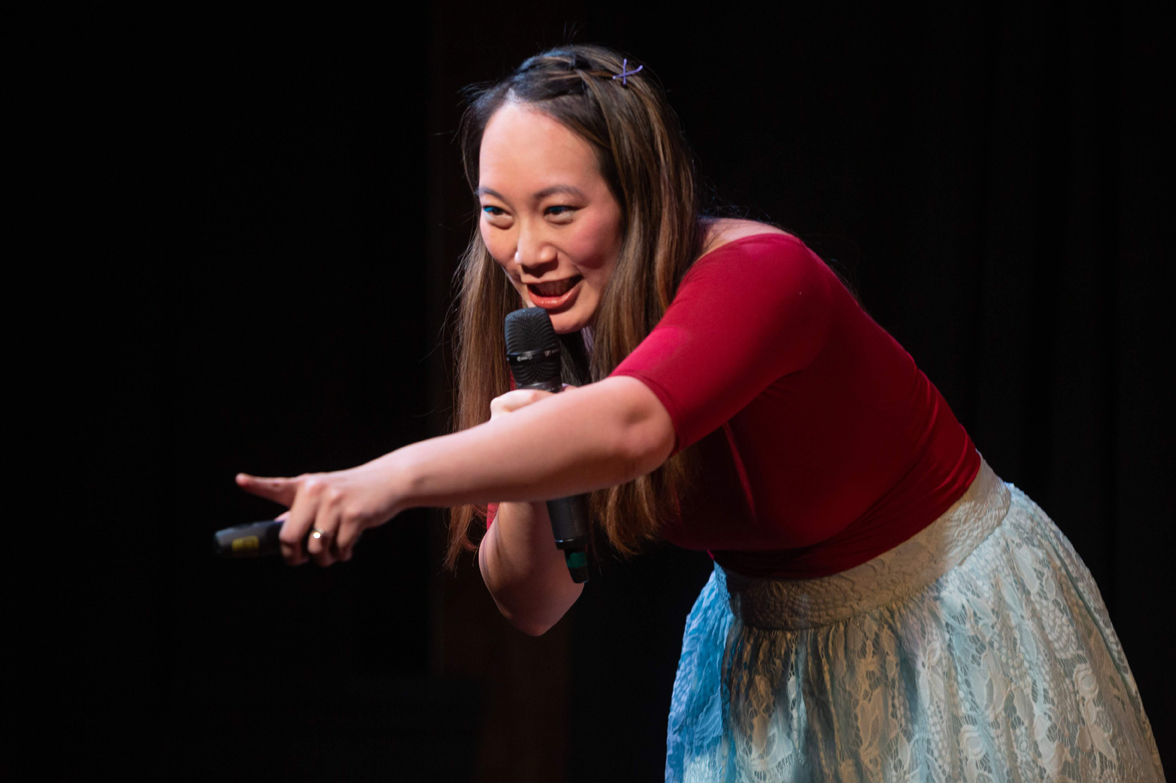
I didn’t want the medication to change me. I needed my brain to be its creative self for my comedy. I started doing comedy unintentionally in high school, but dove in during college. (Believe me, nobody saw that coming.) But I like to surprise people and flip their assumptions. I liked showing you don’t have to be the loud, obnoxious guy to be funny. I like showing there are a lot of ways to be funny.
I belong to a comedy group with all Asian-American women. During the pandemic lockdown, I was on a Zoom with my comedy crew and surprised myself when I suddenly started crying. As a multimedia IT director, my job had been cranked up to 11 in intensity at the beginning of the pandemic, and I was too busy to eat, think or relax. I lost a lot of weight and my friends started to notice. They were really concerned when I updated them about my daily routine and casually said I would skip lunch. Their concern was gentle and supportive, and they told me to take a photo of myself eating lunch for proof. I realized again how wonderful it felt to be able to be honest with my feelings with others who understood.
I wanted relief so badly, I decided to take medication. It took a few tries to get the right medication at the right doses. I even did a genome swab, which tells you which meds are most likely to work best for your DNA, and it helped. I was finally able to see how medication was supposed to work on me. Contrary to my worries, it did not make me any less creative or any less myself.
Now, when I visit my parents, I recognize that they have many of the symptoms I experienced. I try to bring up the tools I’ve learned in therapy and see how they react to the suggestions. They’re not terribly responsive. They still view mental health as controllable and therapy as being only for people who really, really need help — but that’s OK. I’m making headway just by bringing it up, and I’ve already influenced my younger sister, my friends, and even strangers at my shows. And for that, I feel grateful.


